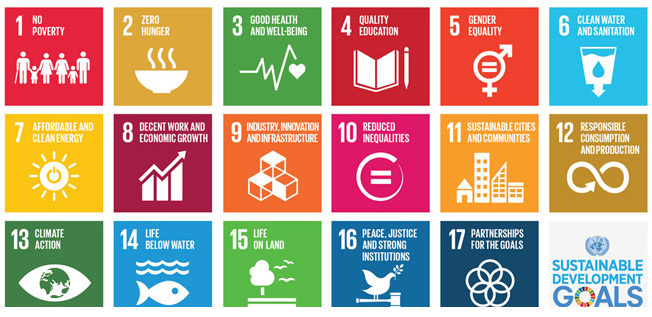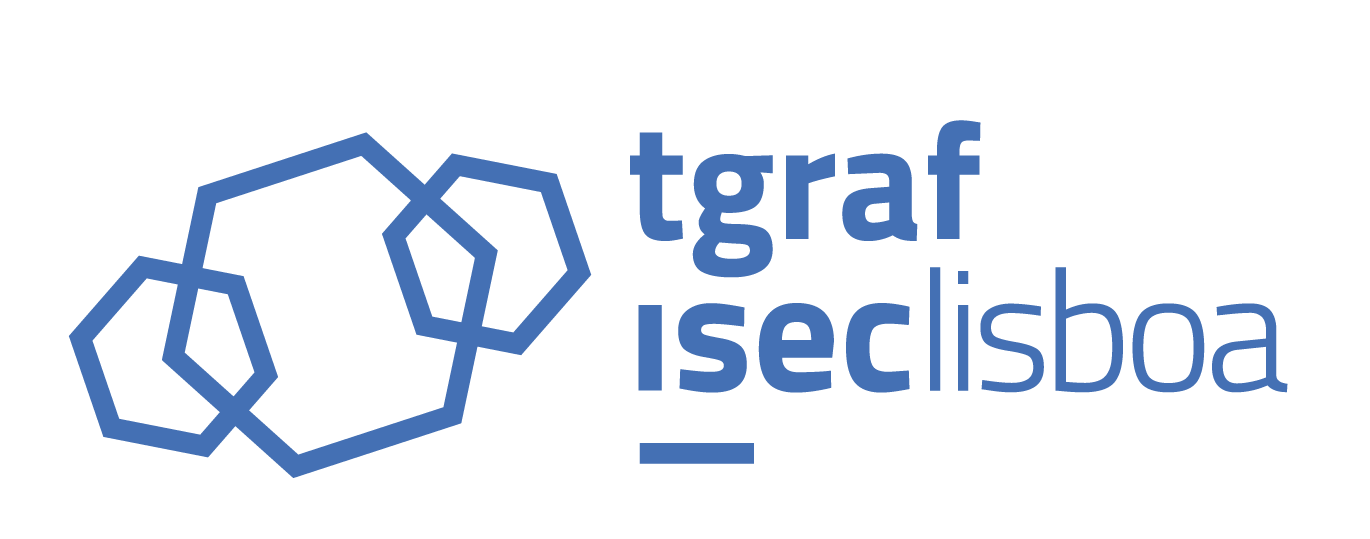
| In this context, the TGRAF ISEC Lisbon Center defines its lines of research to contribute to this global initiative. Given the importance, we will list below the most relevant actions that we will try to carry out or to the extent of our possibilities. We support our actions in three areas: Adapt research activity for the generation of new knowledge. • review working methods and techniques; • increase the participation of students in higher education; • plan the continuous improvement of research activity. Develop content to increase the transfer of knowledge. • develop actions of collective and social conscience; • facilitate exploration for the contribution of possible solutions; • evaluation and validation of results. Direct the results of applied research to society • promote creative and innovative initiatives; • link projects to social problems; • provide solutions to higher education. In line with the objectives: Promote research in social projects based on the contribution of creative ideas, with the aim of reducing social discrimination against people with fewer resources and facilitating actions for their integration and autonomous support. Promote research in technical communication design, promoting projects to improve written and printed information in the design of food labels, containers and packaging. And also the adaptation of graphic communication at the point of sale to promote a correct daily diet. Promote research in social projects that focus on awareness campaigns and dissemination of actions in favor of people’s health, information on hygiene habits, implementation of health protocols and basic care for people with disabilities of any kind. Promote the transfer of knowledge generated between the company and the academy in order to favor the transition and integration of the new generations to their first jobs linked to the disciplines of design, the arts, the creative or cultural industries. Promote equitable research that focuses on gender equality in research activity and decision-making. Promote small academic research projects that favor the acquisition of research skills. Currently more than 70% of academic research projects are led by women, and we estimate that this percentage will increase in future courses with new research projects in higher education. |
